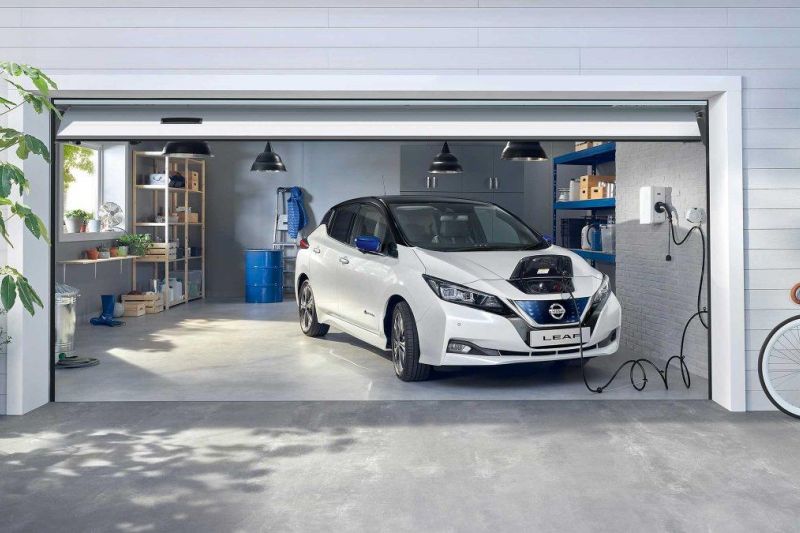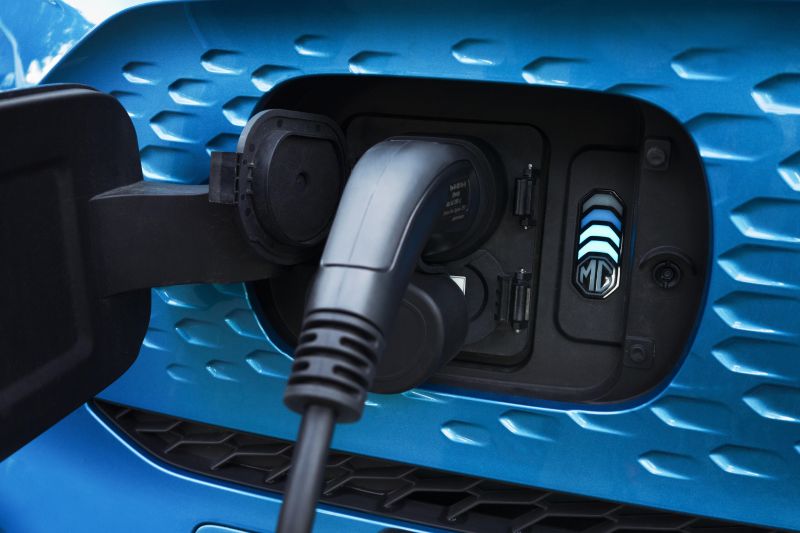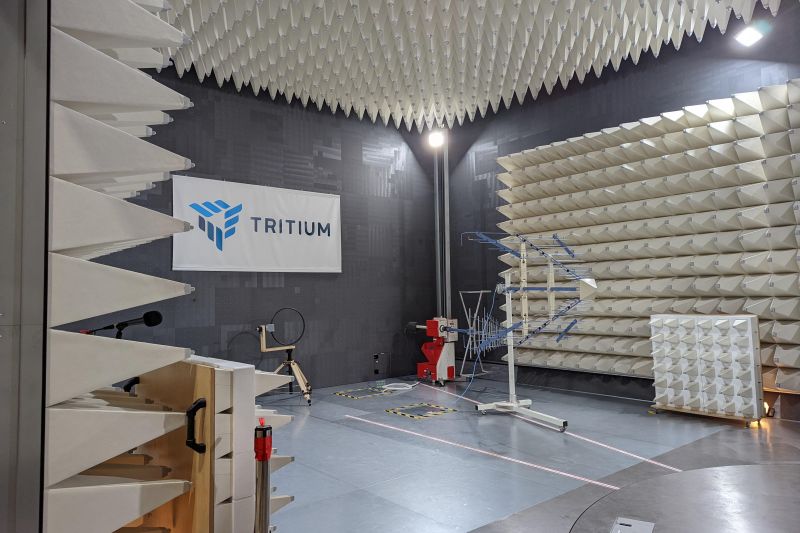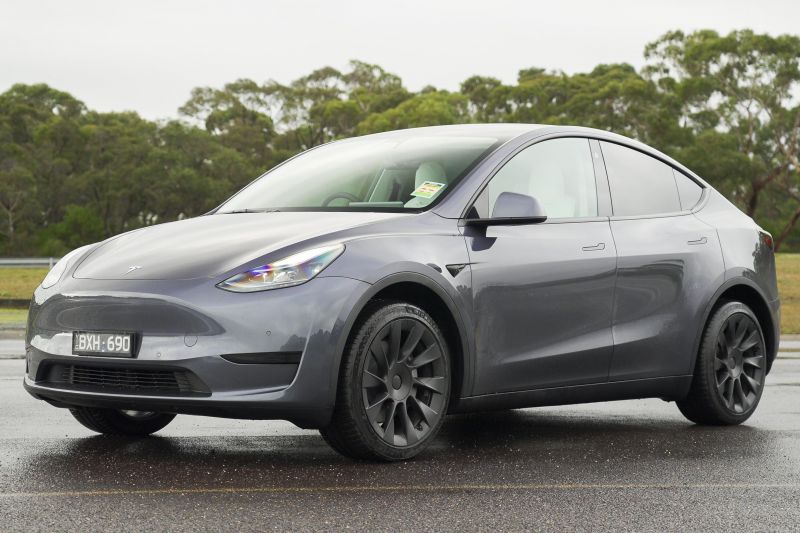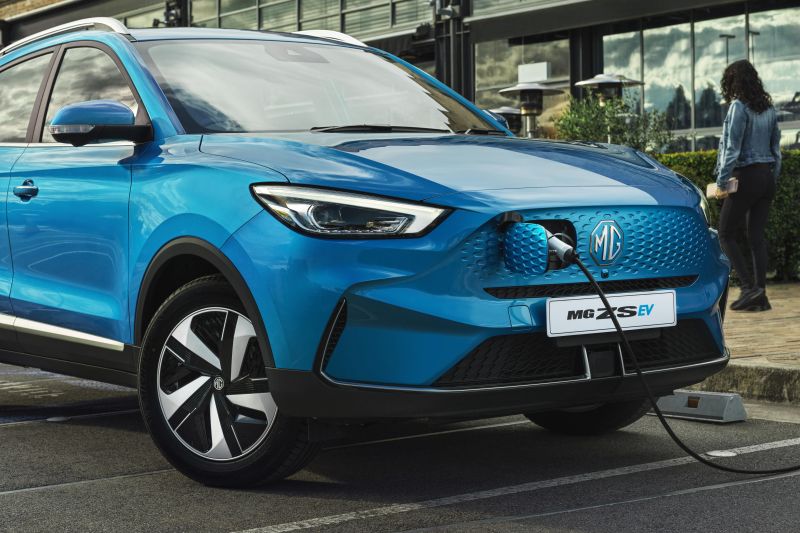The federal government today released a promised consultation paper designed to shape the country’s first, long-awaited National Electric Vehicle Strategy.
The overarching goal is to increase EV uptake in Australia – low relative to other nations of comparable economic standing – by incentivising car-makers to direct more supply of low-emission vehicles to the local market, through new fuel efficiency standards.
But the paper also wants to canvass how policy settings might encourage local manufacturing of EVs, chargers, and other components; address the implications of declining fuel excise revenue, potentially through a road-user charge; and support charging infrastructure rollout.
MORE: Dumping ground no more? Australian Government’s affordable EV push
While all of Australia’s States and Territories have various EV incentive plans in place, including the availability of cash rebates and tax cuts, the federal government has identified a lack of “coordination and alignment at the national level” that it says must be rectified.
The core goals can be broadly defined as:
- Make EVs more affordable
- Expand EV uptake and choice
- Reduce emissions
- Save Australians money on fuel
- Increase Australian manufacturing
In a joint statement, Minister for Climate Change and Energy Chris Bowen and Minister for Infrastructure and Transport Catherine King said: “All Australians are encouraged to have their say on how we can transform Australia’s transport sector”.
The full 18-page consultation paper, which you can read here, will be taking submissions until October 31.
Why the apparent need for a national EV strategy?
The current government has already committed to cutting Australia’s overall emissions by 43 per cent over 2005 levels before 2030, and to achieve net zero by 2050. Given road transport is responsible for about 16 per cent of total emissions, it’s a key sector.
EV market penetration was around 2 per cent in Australia last year, lower than in Europe, the US or China. But sales are growing here, with August’s new car sales showing EV market share of 4.4 per cent – a new record.
However, an ongoing issue is lack of EV supply, with numerous car brands and industry bodies saying much of this comes down to the lack of fuel efficiency standards – something most other wealthy nations do have, with other notable exceptions including pariah state Russia.
Myriad car makers in Australia, such as the Volkswagen Group, say their head offices would rather send supply-constrained EVs to regions where they get fines for exceeding average CO2 levels across their fleet, relegating Australia to dumping ground status for older tech.
This is chalked up as a major reason why so many EV models either don’t come here, are subject to long wait lists, or are sold in such tiny numbers that they make next to no difference in emission reductions.
Potential opportunities from transport electrification
“This transition presents enormous opportunities for Australia. Australia has the mineral resources, capital and skills potential to assist this work,” the consultation paper says, referring to our copious minerals such as lithium that are vital for EV batteries.
Value-add opportunities listed include Australian manufacturing of EV batteries and other components for exports, rather than just digging stuff from the ground and putting it on ships.
Examples of companies already doing this include world-leading DC charger manufacturer Tritium, electric truck-maker SEA Electric, and Nissan Australia, which casts EV components in Melbourne.
The paper also cites health benefits, given greater adoption of EVs can reduce air pollution.
“Air pollution due to vehicle emissions may cause more deaths than the national road toll. It is also linked to health conditions including respiratory disease, cancer and dementia,” the paper said.
The paper also mentions the need to increase the nation’s fuel security by becoming less reliant on imported petroleum.
Key quotes
Ministers Chris Bowen and Catherine King
“The time has come for Australian households and businesses to reap the benefits of cheaper, low emissions transport that is fit for the 21st century,” said Ministers Bowen and King.
“This consultation paper provides a chance for all Australians to have their say on a National Electric Vehicle Strategy to increase the supply and uptake of electric vehicles.
“… Today, Australians are being sold some of the highest emitting cars in the world. On average, new passenger vehicles in Australia have around 20 per cent higher emissions than the United States, and around 40 per cent higher emissions than in Europe.
“We need to catch up to the rest of the world when it comes to transport emissions.
“And while any standards must be designed specifically for Australia, standards that lack ambition will still leave Australians at the back of the global queue for cheaper, cleaner vehicles. We need to aim for as close to best practice as is achievable.”
Federal Chamber of Automotive Industries CEO Tony Weber
“The pathway to achieving the best outcome for Australia is complex and the discussion paper raises many of these issues,” Mr Weber said.
“There are many key issues that need to be examined in this review. These include vehicle price, model availability, battery supply and the provision of further consumer support through the development of charging infrastructure and purchase incentives.”
“This paper is an encouraging starting point. Automotive manufacturers look forward to working with Government to create an ambitious yet achievable policy framework for both car makers and Australian consumers”.
Electric Vehicle Council chief Behyad Jafari
“It is a breath of fresh air to see a federal government take this issue so seriously, acting on a national policy within the first months of its administration,” Mr Jafari said.
“The discussion paper is correct to focus on demand and supply as the necessary first steps towards building a dynamic domestic EV sector.
“Australia can absolutely be an EV powerhouse, employing Australians to build products right across the EV supply chain. But we won’t realise those opportunities while our standards lag the rest of the world.
“The most urgent next step from this process is a strong fuel efficiency standard that reflects best practice.
“The unfortunate truth is that until now, Australia has lagged the world on electric vehicle policy. Russia is the only other developed nation without a decent fuel efficiency standard. We have been at the back of the global queue for new vehicles.
“But with the right policy settings we can get this right and accelerate progress.”
The full 18-page consultation paper, which you can read here, will be taking submissions until October 31.
MORE: Dumping ground no more? Australian Government’s affordable EV push

